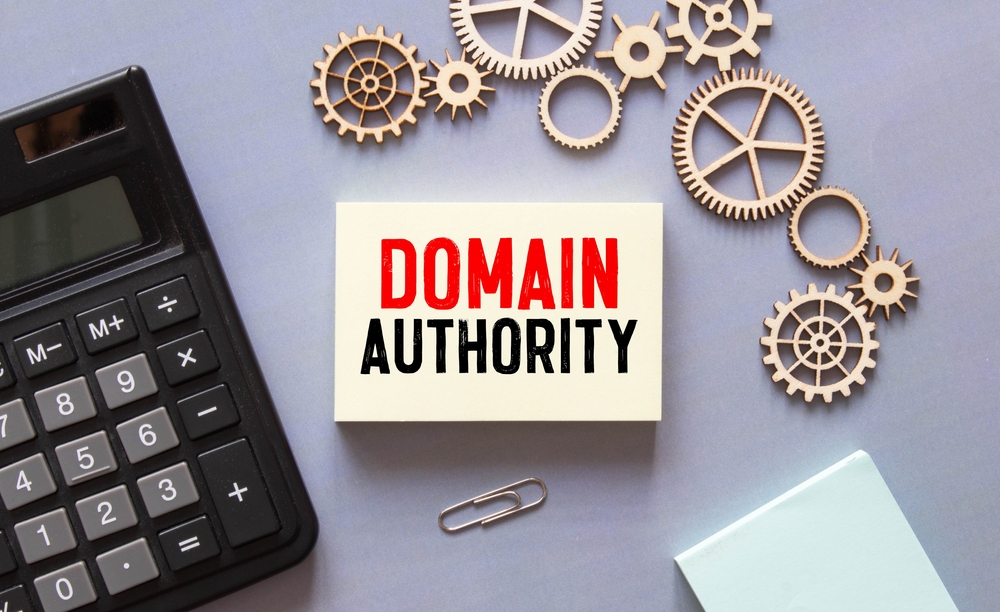Hostinger Cloudflare Setup: A Complete Step-by-Step Guide
Introduction to Hostinger Cloudflare Setup
Setting up Hostinger Cloudflare is one of the easiest and most effective ways to enhance your website’s performance. By integrating Hostinger’s reliable hosting with Cloudflare’s global CDN and security services, you can significantly improve your site’s loading time, security, and reliability.
In this guide, we’ll walk you through the full Hostinger Cloudflare setup process and show you why this combination is a must-have for any website owner.
Why Should You Use Cloudflare with Hostinger?
Before we dive into the setup, here’s why using Cloudflare with Hostinger is a smart move:
-
Faster Website Loading: Cloudflare’s CDN caches your content around the world, reducing loading time.
-
Better Security: It protects against DDoS attacks and malicious traffic.
-
Improved SEO: Faster sites rank higher in search engines.
-
SSL Support: Easy setup of HTTPS for a more secure site.
When properly configured, the Hostinger Cloudflare setup ensures a smoother and safer experience for your visitors.

Step-by-Step Hostinger Cloudflare Setup
Follow these simple steps to connect your Hostinger domain to Cloudflare:
1. Create a Cloudflare Account
Go to Cloudflare’s official website and sign up for a free account.
Once logged in, click “Add a Site” and enter your domain name (registered through Hostinger).
2. Scan and Confirm DNS Records
Cloudflare will automatically scan your current DNS records.
Review them carefully to ensure all important records (like A, CNAME, and MX) are correct.
3. Choose a Cloudflare Plan
You can start with the Free Plan, which already offers basic CDN, DDoS protection, and SSL.
4. Update Hostinger Nameservers
After DNS scanning, Cloudflare will provide you with two new nameservers.
-
Login to your Hostinger hPanel.
-
Go to Domains > Your Domain > DNS/Nameservers.
-
Replace Hostinger’s default nameservers with the Cloudflare nameservers provided.
Save the changes. It may take a few hours (up to 24 hours) for DNS changes to propagate globally.
5. Configure SSL/TLS Settings
Back in Cloudflare’s dashboard:
-
Navigate to SSL/TLS settings.
-
Set the SSL/TLS encryption mode to “Full” or “Flexible”, depending on your website’s setup.
This ensures a secure HTTPS connection without the need for complicated SSL certificate installations.
6. Enable Performance Features
In Cloudflare:
-
Turn on Auto Minify (CSS, JS, HTML) under the Speed tab.
-
Enable Brotli Compression for even faster delivery.
These small tweaks can massively boost your website’s speed and optimization.
Need help with DNS or SSL settings? Reach out to Digitor’s support team for professional guidance!
Troubleshooting Common Issues
Even with a simple Hostinger Cloudflare setup, you might run into minor problems:
-
Site Not Loading? Double-check DNS records.
-
Mixed Content Warning? Ensure all images, CSS, and JS files are loaded through HTTPS.
-
SSL Errors? Try changing SSL mode from Flexible to Full.
A helpful detailed article you might want to check is Hostinger’s official Cloudflare tutorial.
Conclusion: Supercharge Your Website Today
With this quick and simple Hostinger Cloudflare setup, you can dramatically improve your site’s speed, security, and reliability without spending a fortune.
Combining Hostinger’s powerful hosting solutions with Cloudflare’s global CDN ensures that your website will not only load faster but also stay protected from most online threats.
Ready to give your visitors a better experience? Start your Hostinger Cloudflare setup today and see the difference!







